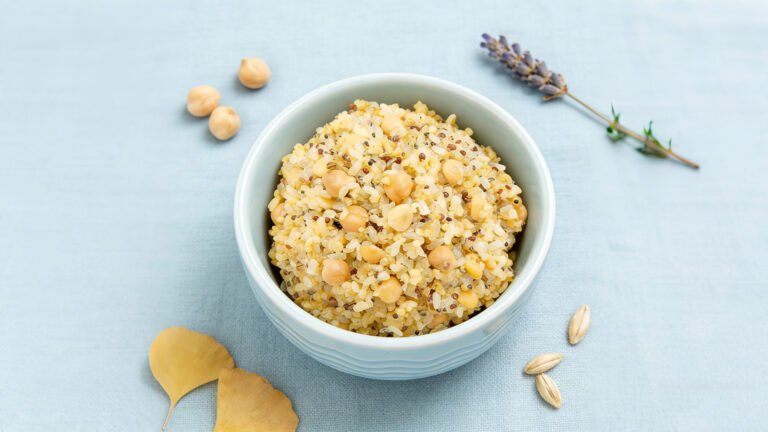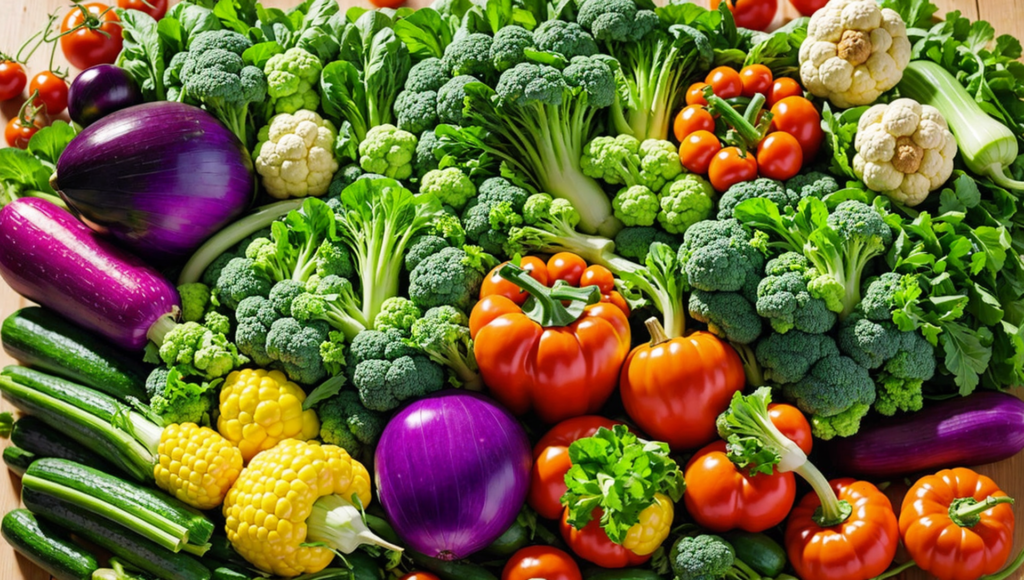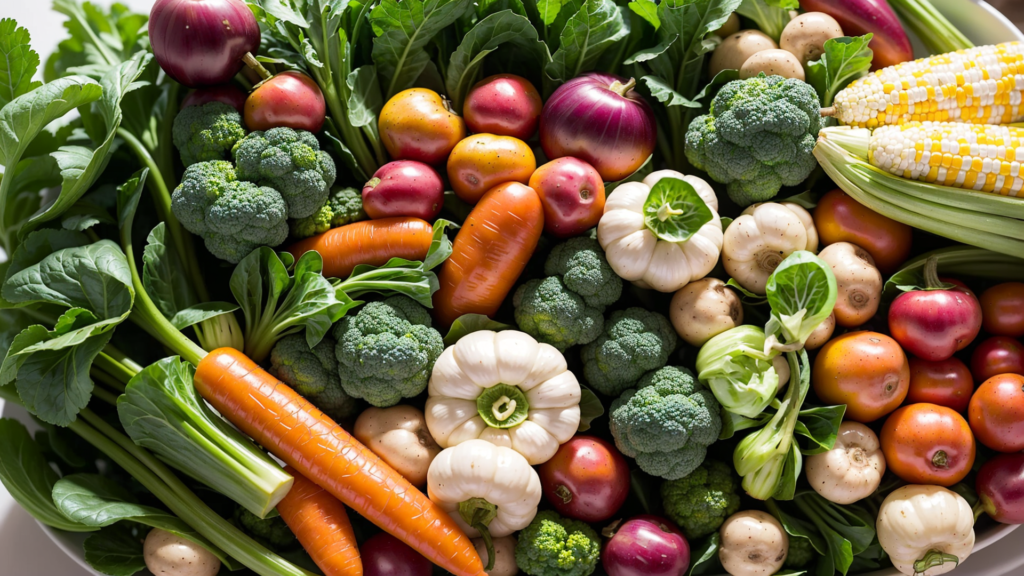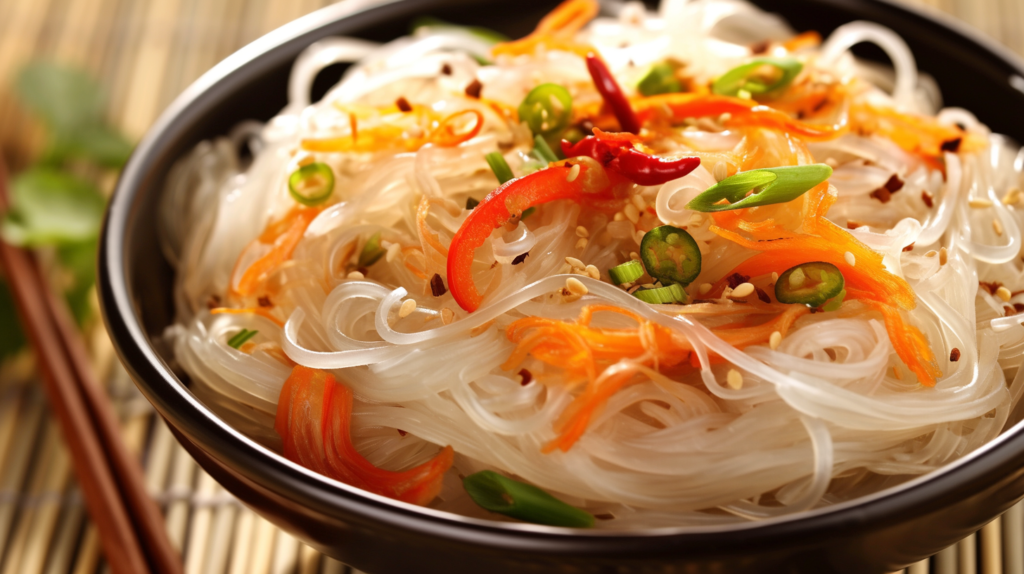
Contact Us through info@lovekonjac.com
In recent years, there has been a significant rise in the popularity of both plant-based and vegan diets. As more people become health-conscious and environmentally aware, the shift towards these diets has gained momentum. However, many are still confused about the differences between a plant-based and a vegan diet.

A plant-based diet primarily focuses on foods derived from plants, including fruits, vegetables, nuts, seeds, oils, whole grains, legumes, and beans. While it emphasizes whole and minimally processed foods, a plant-based diet is flexible and can include small amounts of animal products. This flexibility allows individuals to adapt the diet to their personal preferences and nutritional needs.
A vegan diet, on the other hand, is more than just a way of eating—it’s a lifestyle choice rooted in ethical, environmental, and health considerations. Vegans avoid all animal products and by-products, including meat, dairy, eggs, honey, and gelatin. The commitment to veganism often extends beyond diet to other aspects of life, such as clothing, cosmetics, and household products, avoiding items made from or tested on animals.

The primary distinction between plant-based and vegan diets lies in their scope and underlying motivations. A plant-based diet is primarily dietary and flexible, allowing occasional consumption of animal products. In contrast, a vegan diet is strictly plant-based and driven by ethical and environmental concerns, extending beyond food to lifestyle choices.
Dietary restrictions in a vegan diet are more stringent, excluding all forms of animal-derived ingredients. In contrast, plant-based diets allow for more personal flexibility, accommodating occasional animal product consumption based on individual preferences.
Both plant-based and vegan diets are associated with numerous health benefits. These diets are typically rich in nutrients, including fiber, vitamins, and minerals, while being lower in calories and unhealthy fats. Studies have shown that plant-based and vegan diets can help reduce the risk of chronic diseases such as heart disease, diabetes, and certain cancers. They can also contribute to better weight management, improved digestion, and overall better health.
Fruits and vegetables: ( fruits and vegetables )
Whole grains:( oats, wheat, barley, corn, etc. .)
Legumes and soy products: ( beans (soy, tofu, tofu skins), soymilk, and soy products (such as soy protein)
Nuts and seeds: (such as walnuts, almonds, peanuts, flaxseeds, sunflower seeds, etc.)
Vegetable oils: (olive oil, hemp oil, and coconut oil)
Grain products: (breads, crackers, and rice)
Plant-based dairy products: plant-based milks (soy milk, coconut milk, almond milk, etc.)
Plant-based Noodle(Konjac noodle ,kelp noodle,Zucchini,Soba noodle etc.)

Choosing between a plant-based and a vegan diet depends on your personal goals, values, and lifestyle. If you are looking to improve your health and enjoy a more flexible diet, a plant-based approach might be suitable. On the other hand, if you are motivated by ethical considerations and are committed to eliminating all forms of animal exploitation, veganism could be the right choice for you. Understanding the distinctions between these diets can help you make an informed decision that aligns with your values and health objectives.